Opening a factory requires a substantial capital investment, and opening a brewery is no exception. But not all equipment should be in place at the first brewing stage. Many of our customers only need to buy equipment to meet their own brewing needs at the start-up stage. In the later stage, they can use the profits from beer sales to expand or add more equipment to make brewing more efficient. Allow me to introduce you to the brewing equipment you need to start a brewery today.
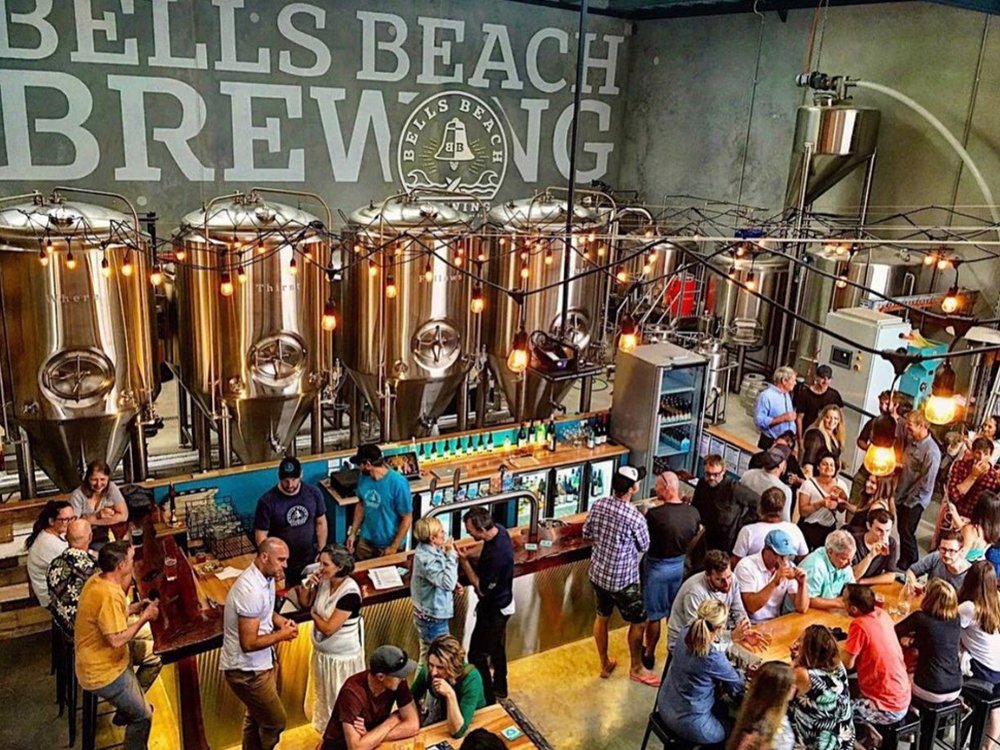
Malt Miller
Malt Miller is used to grind malt and other grains (such as wheat). With your own grinder, you can control the degree of crushing, which is used to grind different grains to brew different beer styles. Most breweries need to have their own malt mills due to the variety of beer styles they offer.
Of course, if your craft brewery only expects to brew a few types of beer at the beginning, you can buy the finished malt directly from the malt company. It should be noted that the price of finished malt is usually higher than that of whole malt, and the shelf life is shorter (about 6 months). Another reason for abandoning the malt grinder may be limited space, such as beer halls, which can directly purchase crushed malt products.
Mashing system
The mashing system is mainly used to make wort, which is then transported to fermenters for fermentation. The brewhouse can choose two, three or four vessels. Among them, the two vessel brewhouse are the most popular among customers, and can brew 1-2 batches per day. Customers with sufficient budget can choose three-vessel and four-vessel brewhouse, which can brew 2-4 batches per day, making brewing more efficient. In addition, the mashing process requires a lot of hot water. In order to ensure sufficient hot water supply, we generally equip a hot water tank with twice the capacity of the brewhouse. For example, a 500L brewhouse is generally equipped with a 1000L hot water tank.
Fermenter
Fermenters provide the process by which yeast converts the sugar in the wort into alcohol and oxygen into carbon dioxide. Fermenters are usually jacketed to help regulate the temperature of the fermenter. The fermenters configured for a set of brewhouse are not all of uniform specifications, and fermenters with different capacities and sizes can be used according to different brewing batches.
Glycol Cooling System
Provide liquid for cooling wort and beer in breweries. They are never in direct contact with beer, but are used in heat exchangers and tank jackets. Glycol cooling system mainly includes glycol tank, pump, ice water pipeline and chiller to keep low temperature.
Control System
To brew beer, minimal control over the brewhouse and other systems such as fermentation is required. Mashing and fermentation in breweries are usually controlled separately. If you want to save money, you can also have only one control panel for all the tanks. But the disadvantage is that you need to walk more every day, which is very inconvenient. But it's a good choice for a beer house.
CIP system
In my opinion, the CIP cleaning system is one of the necessary equipment for modern breweries to ensure all aspects of the brewing process and prevent pollution.
If you would like to open a brewery, TIANTAI Brewery equipment could help you answer your questions and supply brewery equipment. We supply 2-150HL complete beer brewing equipment including malt milling equipment, brew houses equipment, beer fermenters /fermentation tank, brite beer tanks, beer bottling machine, beer canning machine, beer kegging machine, hopping machine, yeast propagation equipment. We also supply all auxiliary brewery systems like steam heating pipe and valves, water treatment, filter, air compressor etc. Everything in brewery are all in our list. Warmly welcome your inquiry.
Cheers!
Edited by Cassie
E-mail:[email protected]
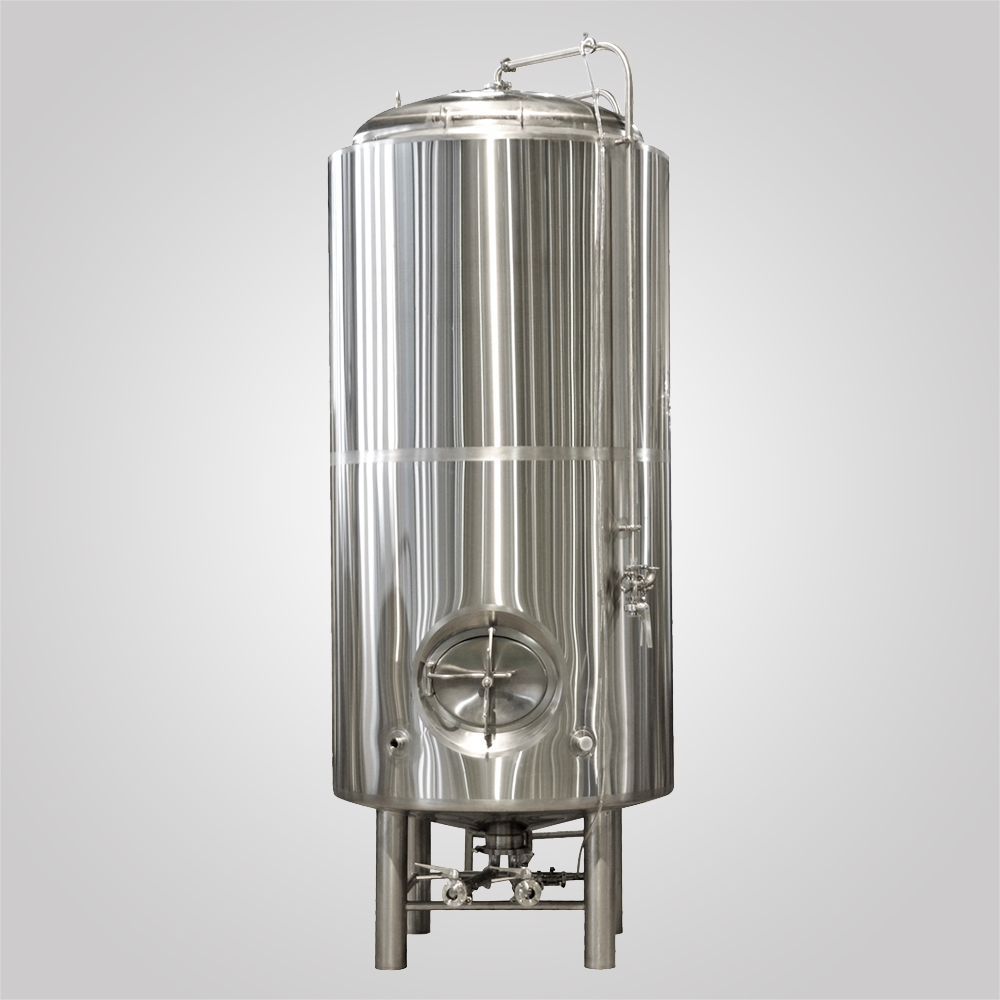
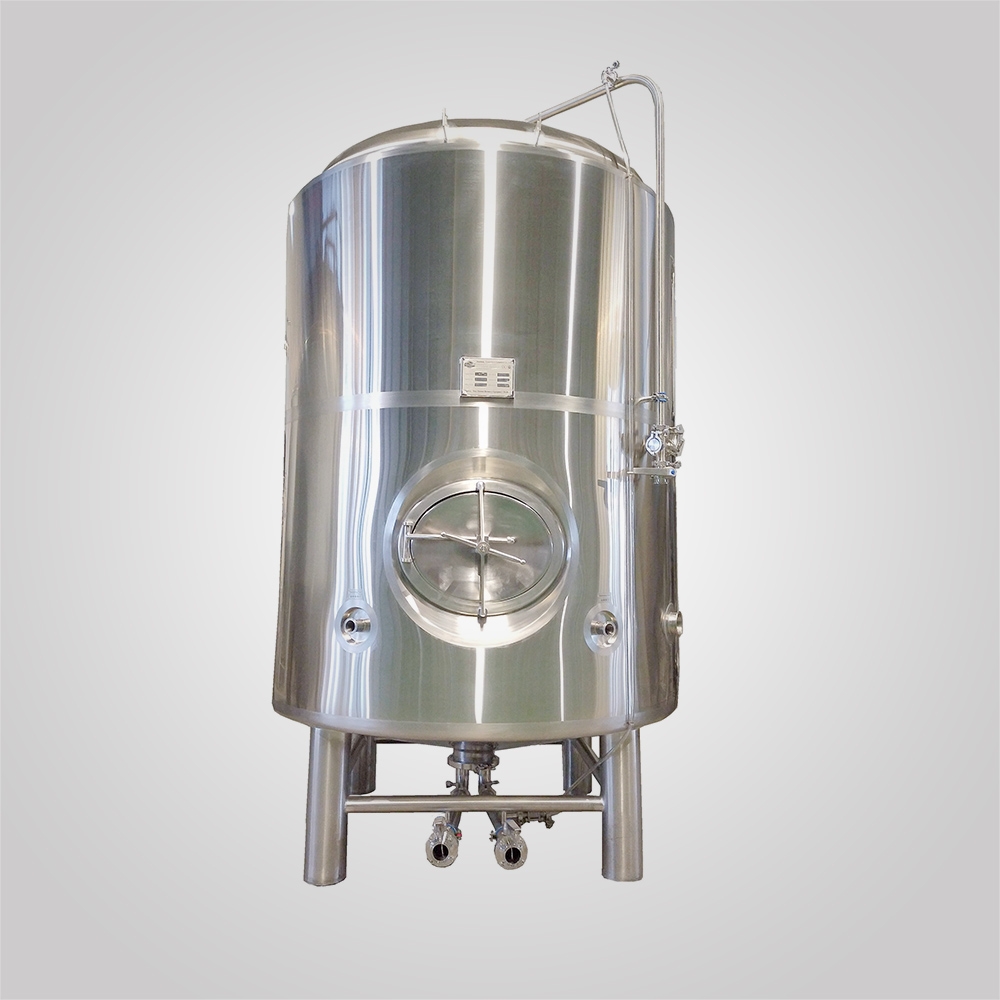
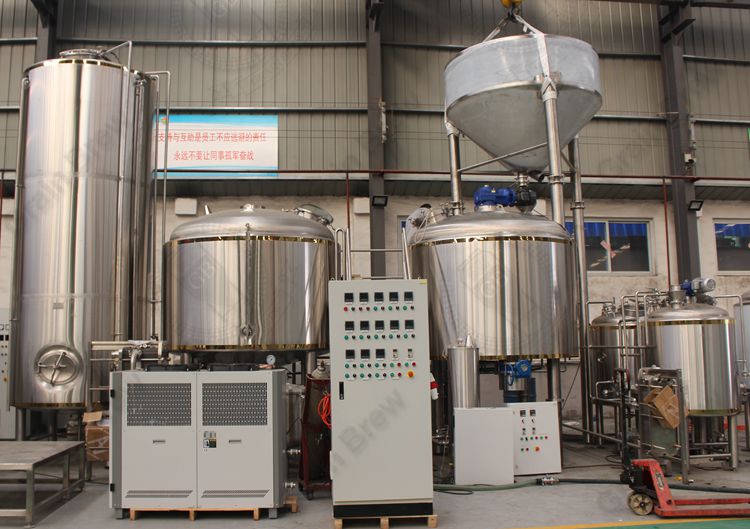
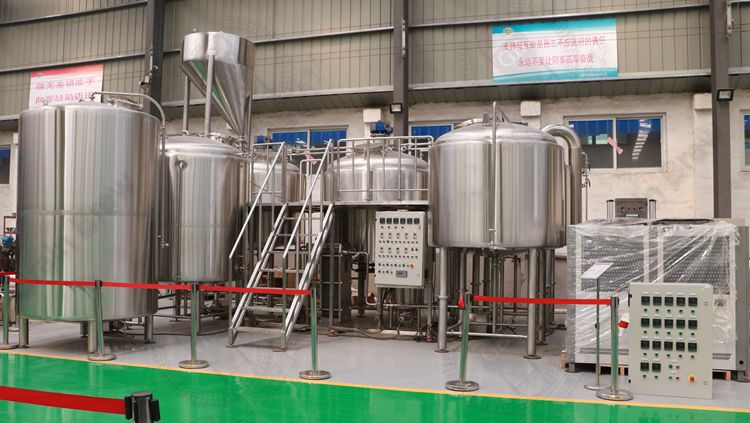
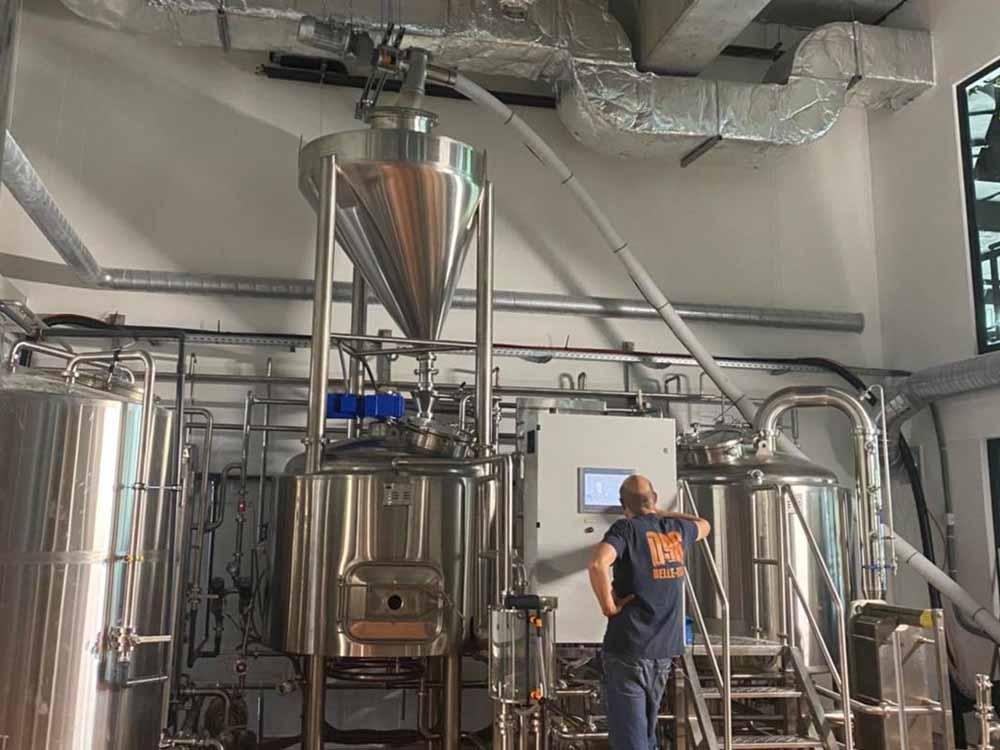
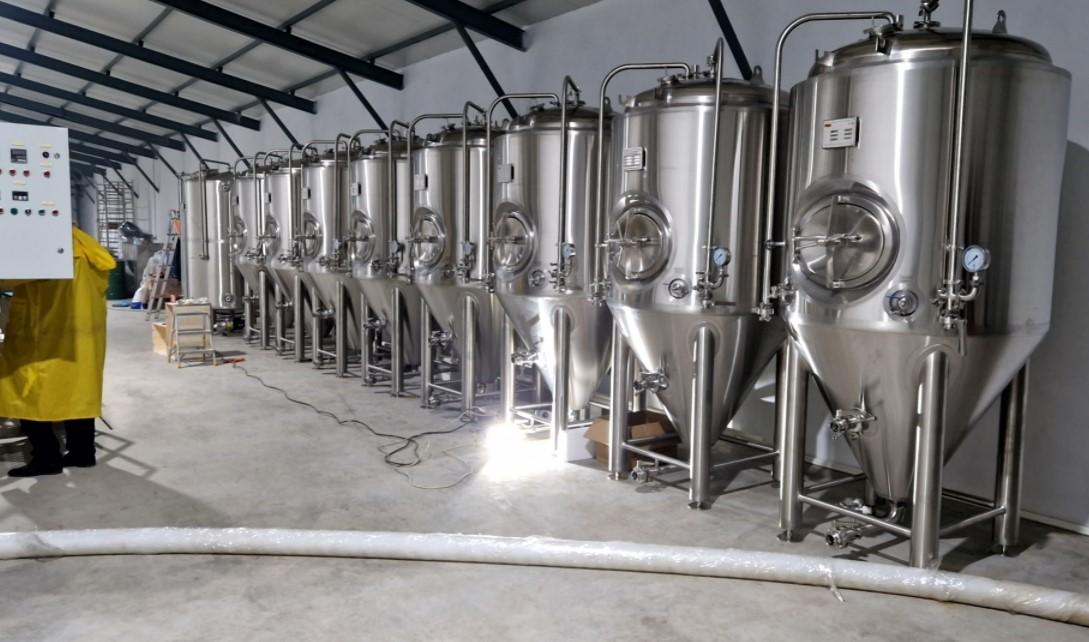
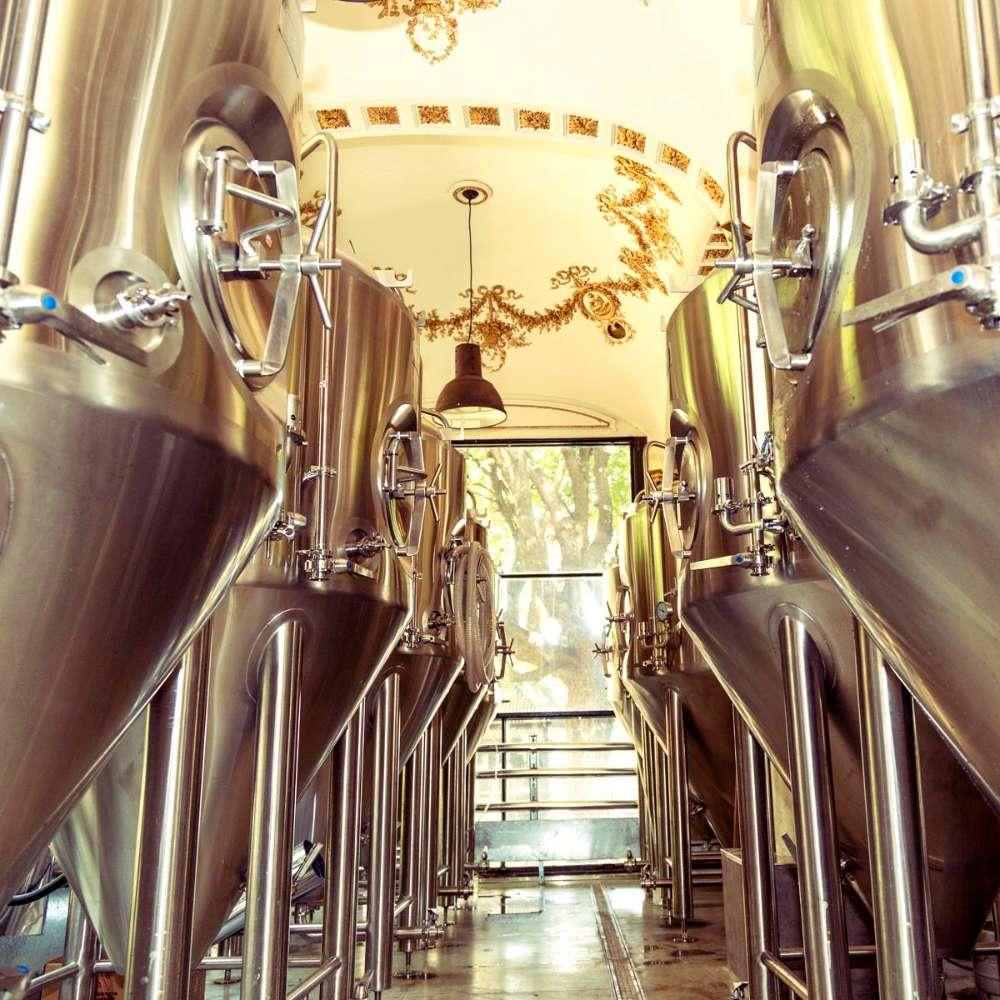
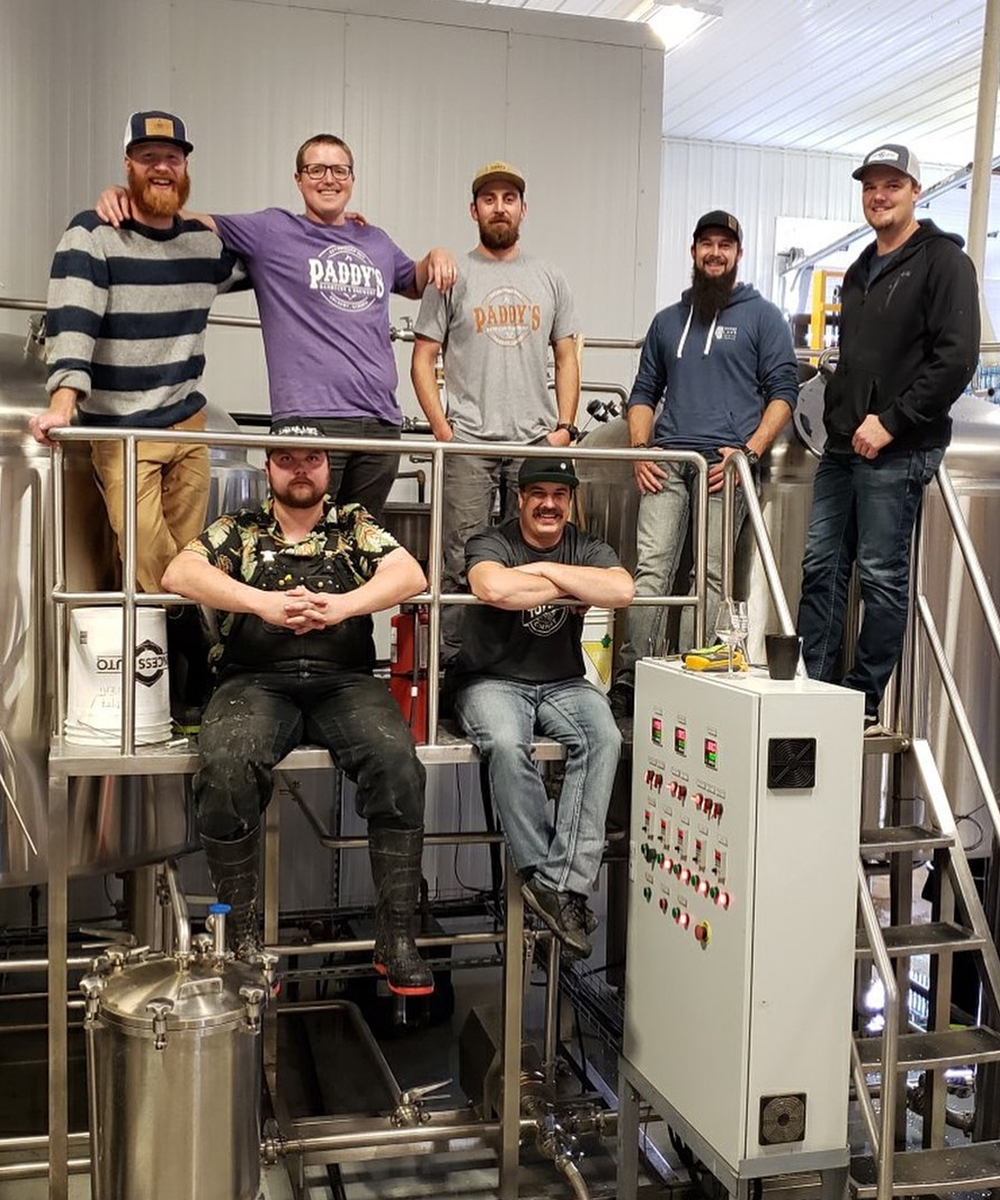
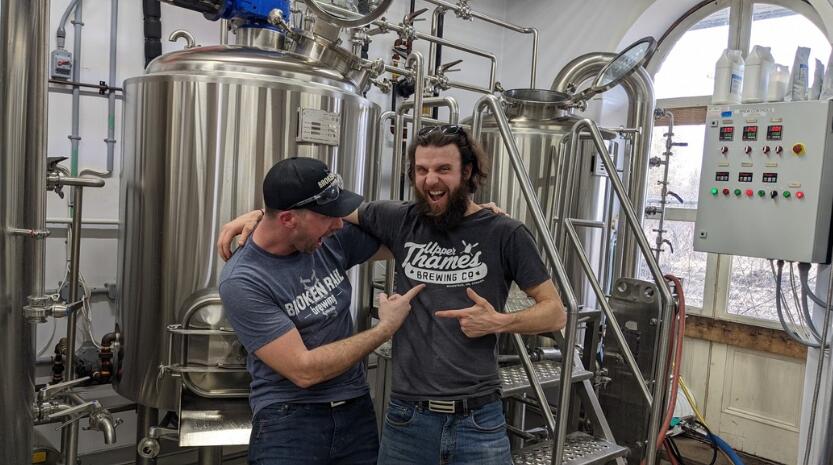
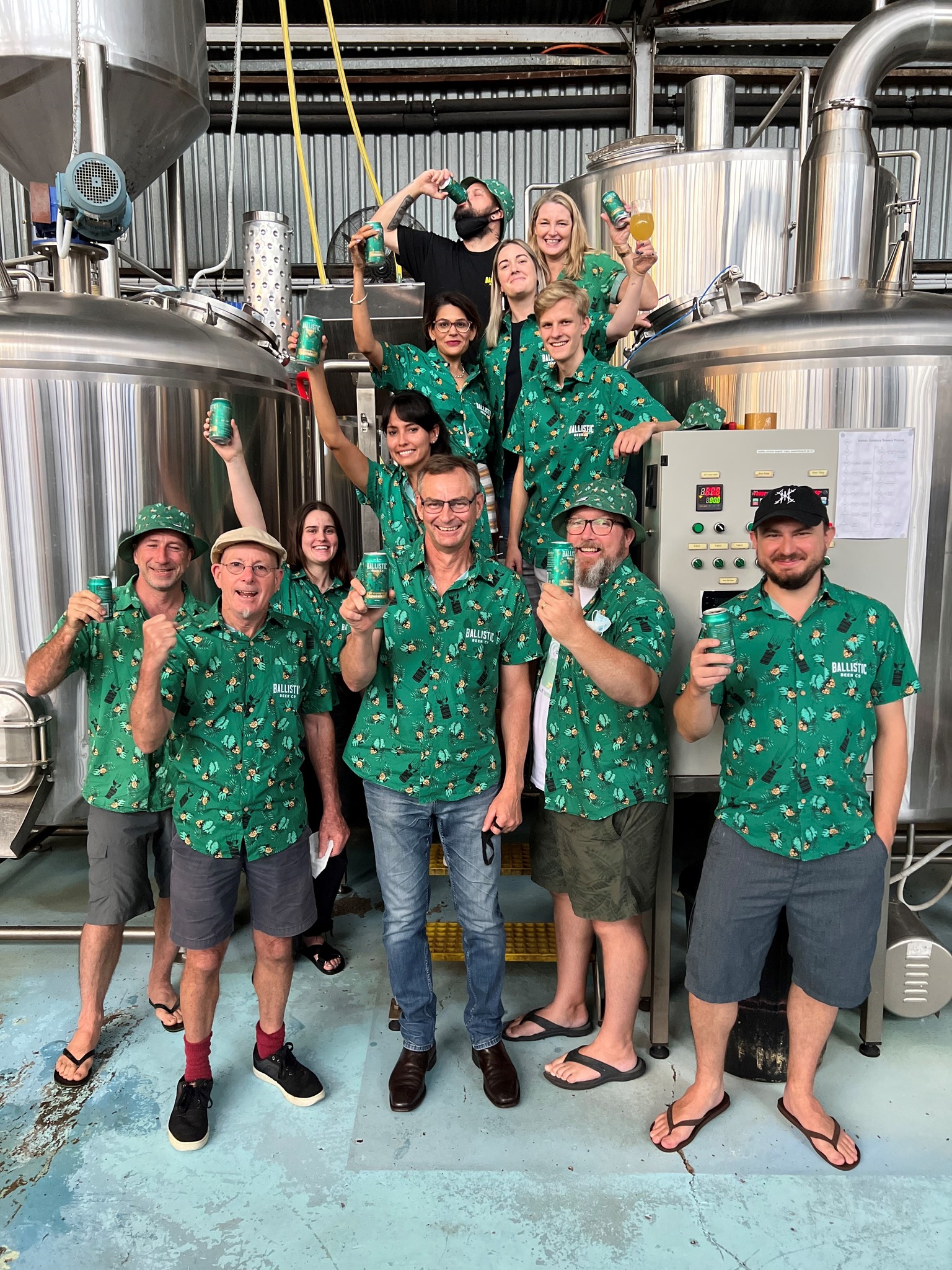
Get A Quote